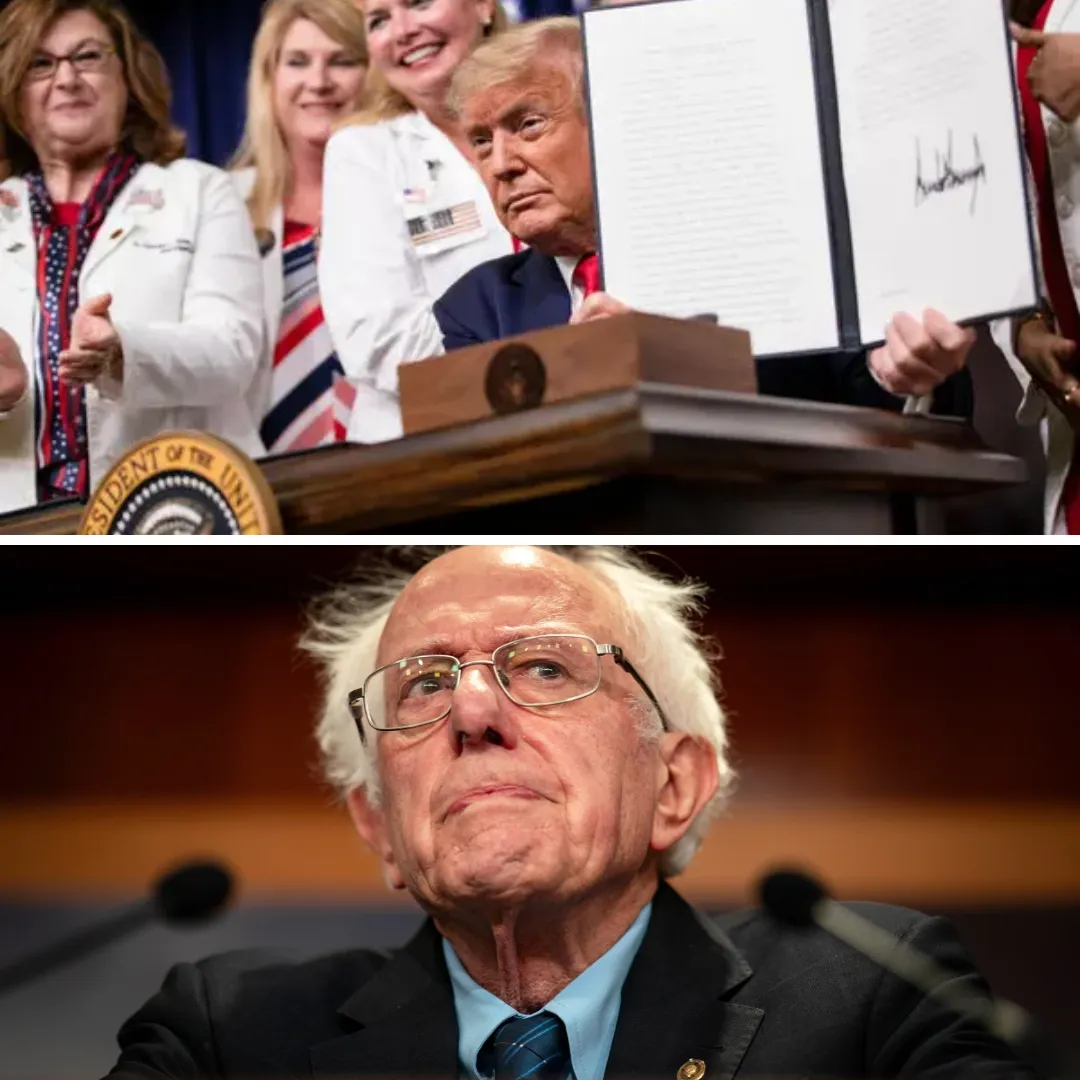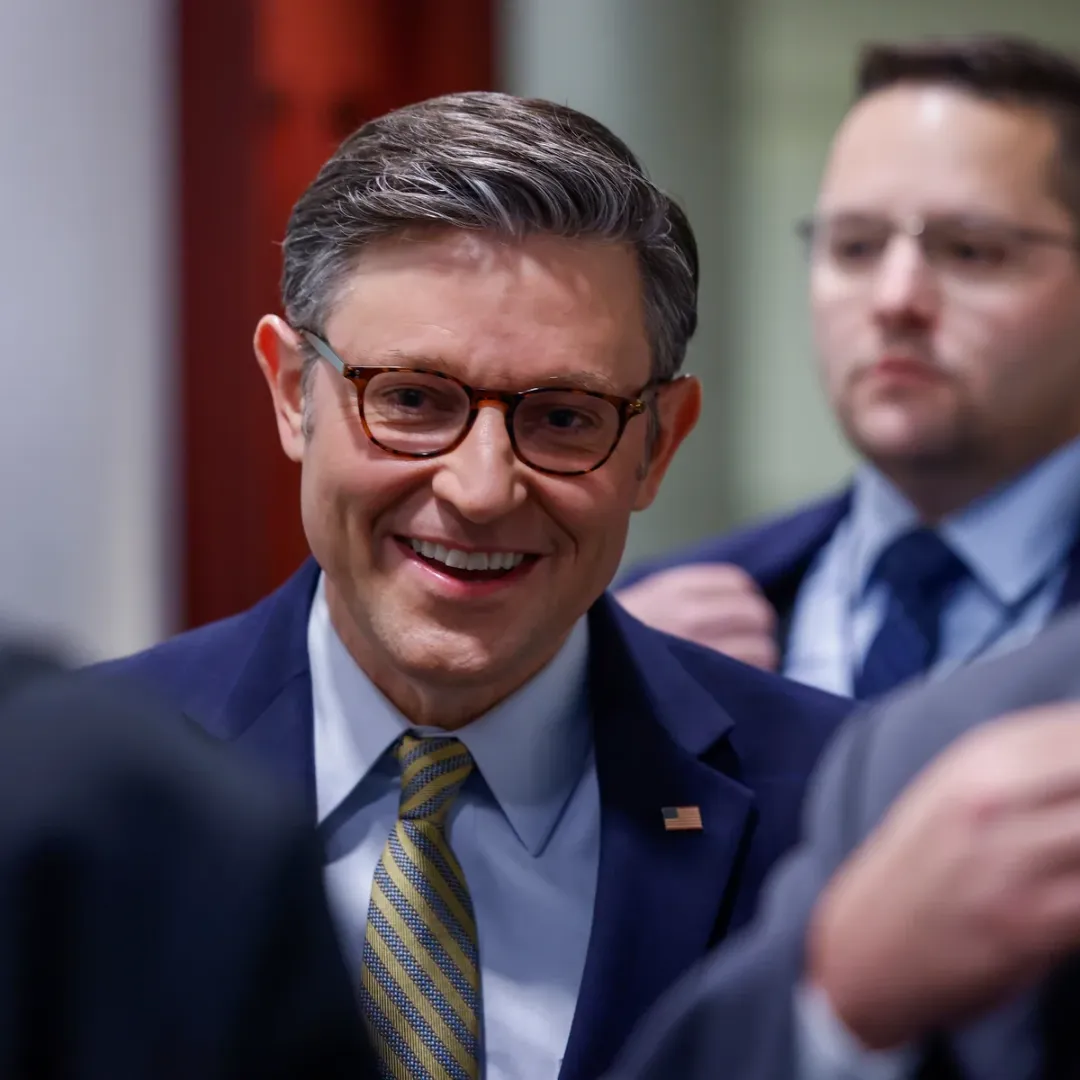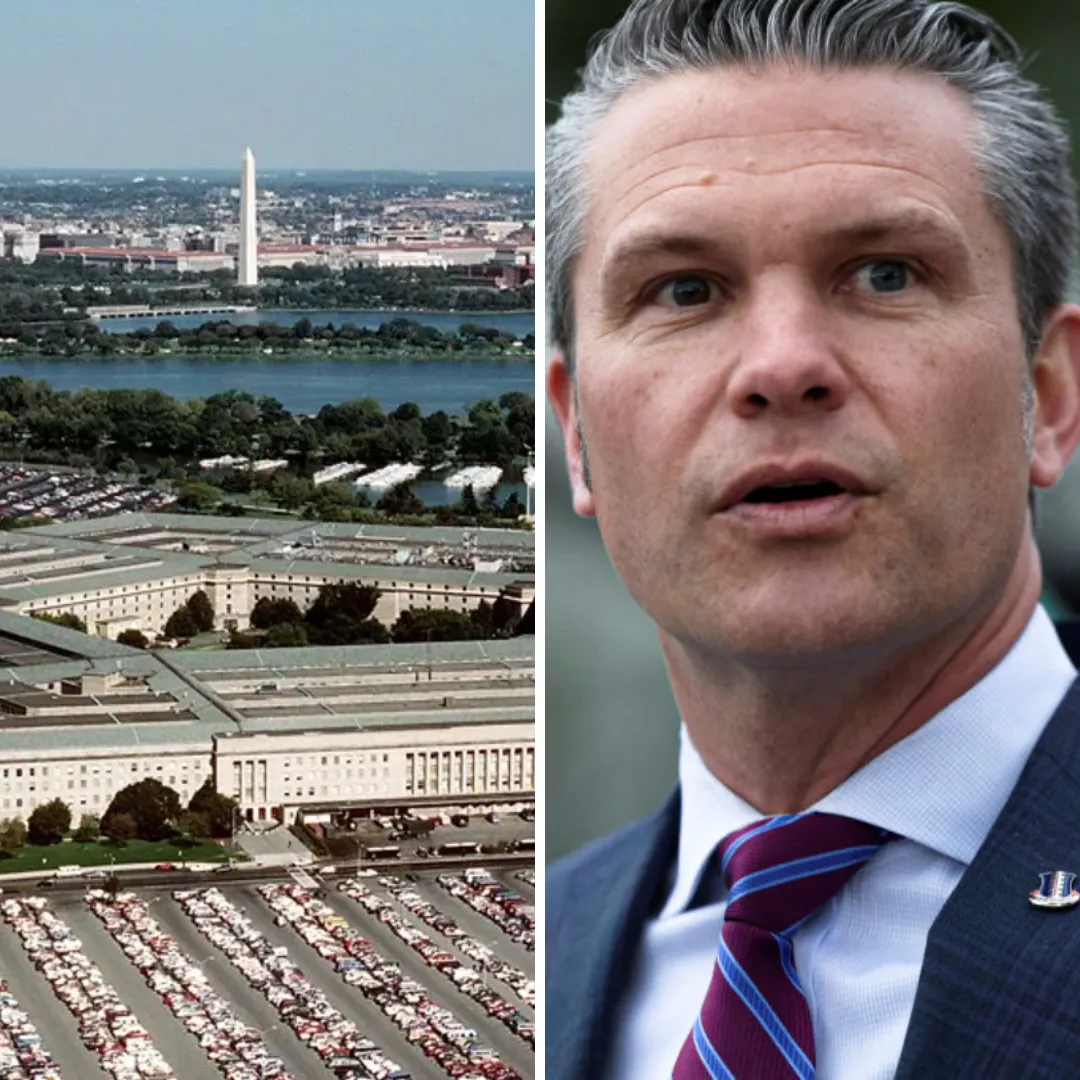
President Donald Trump has reopened his long-running feud with global pop superstar Taylor Swift, once again taking to social media to insult the singer while claiming credit for what he alleges is a decline in her popularity.
In a post made on Friday via his platform Truth Social, Trump wrote a scathing remark that seemed to both reignite their personal clash and elevate his own influence over cultural trends.
His message read that ever since he declared he hated Taylor Swift, she has supposedly lost her appeal, suggesting that her popularity has waned due to his public disapproval.
This declaration was not only inflammatory but also marked a fresh wave of attacks following Trump’s previous statements from late last year.
In that earlier post, he had openly admitted to hating the 35-year-old artist, which came shortly after Swift publicly endorsed then-Vice President Kamala Harris in the 2024 presidential campaign.
The endorsement, shared with her massive Instagram following of more than 280 million, had made political waves across the internet and had enraged conservative circles aligned with Trump.
His response at the time was swift and harsh, making it clear that her political stance placed her firmly in his crosshairs.
The latest message from Trump arrives just after Swift concluded her massively successful “The Eras Tour,” a global musical phenomenon that sold out arenas and stadiums around the world.
The tour solidified her status as one of the most powerful figures in entertainment and pop culture. Her performances drew millions, generated billions in economic activity across cities she visited, and prompted headlines celebrating her extraordinary influence on music, fashion, and fandom.
Yet in Trump’s view, that moment may already be in decline—an idea many would see as detached from reality or rooted in personal vendetta more than measurable cultural metrics.
Trump's hostile posture towards Swift appears to stem from a combination of her celebrity political influence and her personal criticisms of him over the years.
In a 2019 interview, Swift had pointedly criticized Trump’s leadership style, accusing him of manipulating public perception and undermining democratic values.
Her statement at the time reflected deep concern for the state of American democracy, saying that she believed Trump viewed the United States more like an autocracy than a democratic nation.
She emphasized that dissent and disagreement are foundational principles of a functioning democracy, drawing a clear line between her values and those she believed Trump represented.
:max_bytes(150000):strip_icc():focal(398x269:400x271)/Donald-Trump-leaves-Trump-Tower-081924-1-883784e747614916b04800d40e3ba142.jpg)
The singer, once famously neutral on political issues, has become increasingly vocal in recent years, speaking out against racism, misogyny, and policies she considers regressive.
Her advocacy has included encouraging young people to register to vote, supporting Democratic candidates, and using her social platforms to raise awareness about civil rights.
These actions have put her at odds with Trump and his base, many of whom view her outspokenness as a direct threat to conservative cultural influence.
Trump’s repeated targeting of her reflects his broader strategy of turning celebrity opposition into political ammunition, using his influence to frame figures like Swift as enemies of traditional American values.
While Trump continues to frame Swift’s activism as misguided and detrimental to her image, the metrics suggest otherwise. Her fan base remains among the most devoted and active in the music industry, and her albums consistently top charts across the globe.
Additionally, her “Eras Tour” is now being adapted into a successful concert film, expanding her reach even further beyond music and into cinema.
Rather than faltering, Swift’s career trajectory has only grown more dominant, with Forbes recently naming her one of the most powerful women in the world.

Still, Trump seems intent on perpetuating a narrative where his disapproval carries the power to influence popular opinion. This belief aligns with his history of publicly feuding with celebrities, journalists, and political rivals alike.
Whether targeting NFL players for kneeling during the national anthem or clashing with Hollywood actors and musical artists, Trump has frequently positioned himself as a defender of traditional values against what he paints as liberal elitism.
His remarks about Swift therefore serve a dual purpose: undermining a political opponent and reinforcing his brand among supporters who see celebrity liberalism as a threat to their worldview.
Despite this latest jab, Swift has not responded to Trump’s comment. In fact, she has largely remained focused on her artistic work and advocacy, rarely engaging in direct back-and-forths with political figures.
Her silence may be strategic, allowing her fanbase and public image to speak for themselves while avoiding the spectacle of direct confrontation.
Nonetheless, Trump’s comments have once again thrust her into the political spotlight, raising questions about the role of celebrities in shaping public discourse and the lengths political figures will go to assert dominance in cultural battles.
Observers note that Trump’s ongoing obsession with Swift signals both her influence and his recognition of it. In a media landscape increasingly shaped by personalities and viral commentary, the war of words between a former president and a global pop icon underscores just how blurred the lines have become between politics, entertainment, and social activism.

Whether Swift will eventually respond or simply let her continued success speak volumes remains to be seen. For now, Trump’s latest insult has reignited a controversy that merges music, power, and political spite—one that is sure to keep headlines buzzing and both fanbases deeply divided.




